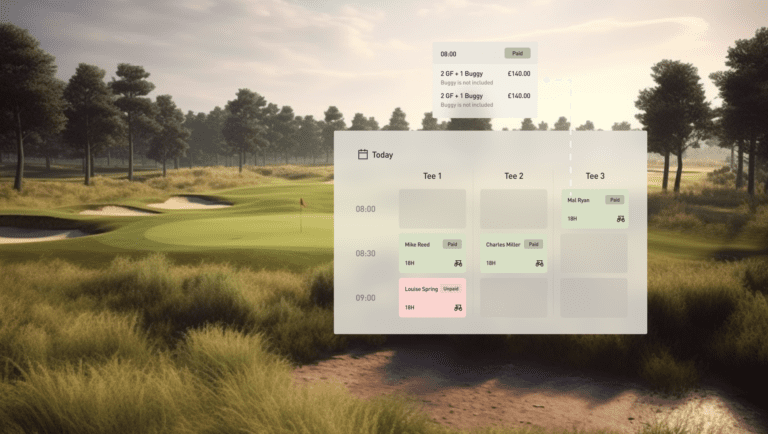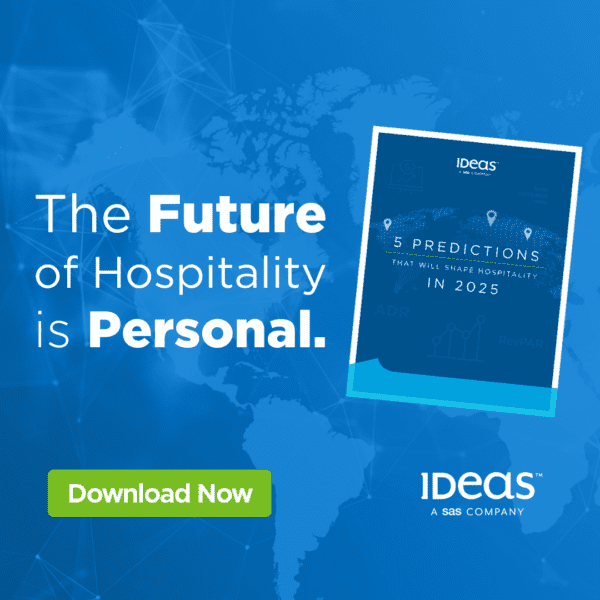 The concept of being greeted warmly in reception, offered a drink, hand towels and a myriad of papers to sign may have been the ‘norm’ when staying at many upmarket resorts in the pre-Covid world.
The concept of being greeted warmly in reception, offered a drink, hand towels and a myriad of papers to sign may have been the ‘norm’ when staying at many upmarket resorts in the pre-Covid world.
Even then, some guests considered the treatment over the top, almost intrusive, but for a larger percentage it provided the ‘connection’ in travel. Speaking with receptionists, waiters and tour desk personnel was integral to the stay, irrespective of whether you were travelling on business or holidays.
One hotel in Adelaide became famous for having a ‘Hotel Ambassador’ who knew just about every regular guest by name. That interaction helped the hotel outperform its rivals.
But the past is a foreign country, as they say, and hoteliers will have to decide how close they get to their guests in the post-Covid landscape.
Initial reports after the first wave of Covid subsided and travel in Australia briefly returned to ‘near-normal’ was that guests were wanting the buffets, room service, gyms, spas and most other people-facing services to return, at least in leisure-based hotels and resorts.
The rapid and pernicious onset of Delta meant that business travel never really had a chance to return, and before major companies endorse the resumption of corporate travel and conferences, hoteliers will need to review hotel design to enable social distancing and reduced congestion points, implement better use of technology, and introduce enhanced cleaning protocols of rooms and public spaces.
Already contactless check-in has been introduced widely in major hotels, though travel has been so decimated that the systems are yet to be tested to their full limits. But when corporate and conference travel returns, hoteliers will need to be prepared as their guests have increasingly worked in an online environment and will want online check-in and access to rooms, services and check-out to be seamless.
While there will always be travellers who resist change, the necessity of life during Covid has radically reduced consumer resistance to technology usage. In its March 2021 technology survey, Australia Post reported that online consumer retail engagement was up 57% year-on-year to 2020, and this trend is likely to be reflected in consumer expectations regarding future travel.
Remarkably, contactless check-in is not a new concept. Accor’s budget Formule 1 brand introduced the option of a low-tech 24-hour check-in with no human interaction almost 50 years ago, which both protected the ‘discretion’ of its guests and significantly reduced the operating costs of the hotel.
Today, the technology – when linked with online registration and check-in – can revolutionise the arrival process. A code sent to a mobile device is all that is required to enable keyless room entry, as long as it can be integrated with all other systems, such as lifts, guest lounges and fitness centres.
Whilst this technology was readily available before the pandemic, its adoption was slow as the legacy system was in place and there wasn’t an urgent demand to update systems. However, the new W Hotel in Melbourne is at the vanguard of this technology shift, with the Marriott Bonvoy app taking care of the check-in and mobile key entry to rooms being provided through the mobile phone.
Seamless operation will be key if hotels are to encourage widespread adoption. Having mobile check-in and keyless entry without finding a solution for navigating lifts and other shared facilities could easily lead to negative experiences.
A simple redesign of the lift, to allow access to a particular floor, by presenting a scanner with a bar code on a smart phone is easily within technological capabilities, as these already exist in many office designs, along with concepts such as automatically opening doors.
Other technology, sporadically in use previously but now becoming mainstream is online menu and meal booking arrangements using QR codes scanned into the mobile phone. There are several advantages to this process for both hotel and guest. An advance notice to the kitchen and fewer delays for the guests allow for additional time to enjoy other guest services.
The pandemic and lack of business should have provided plenty of time for hoteliers to reconsider hotel operations, such as cleaning rooms and public spaces, if they want to reassure guests.
Hotels will need to inform guests about cleaning protocols and remove unnecessary items (or touch points) from rooms. Reading materials, a legacy of the days before smart phones, are being removed from rooms in many hotels, and the necessity of maintaining mini bars should be seriously questioned.
Reducing the number of unnecessary items in the lobby allows for social distancing and increased distances between chairs. A neater, less cluttered environment not only reduces the risk but importantly makes rooms and public spaces look fresh and makes these spaces easier to clean.
For both new and existing city-based hotels with extensive conference and event facilities, winning back large-scale conventions and functions will be key to returning to profitability.
There will be a strong appetite for face-to-face events in the post-Covid environment and this is where technology can be a key product differential for innovative hotels.
Introducing freestanding event registration kiosks can not only enhance the Covid-safe protocols, they can also reduce the long queues normally associated with big events. The portable kiosks also have the potential to capture live attendance data, with each scan at the kiosk synching through to the registration system, so that aspects such as capacity limits can be managed.
Of course, the ways hotels react to Covid-19 is much more complex than merely addressing guests’ interaction with their physical environment. Addressing cancellation policies for guests forced to change plans, insurance for disruption, and the health and welfare of staff are being considered in light of the pandemic across the industry. But ensuring guests understand that their chosen hotel makes their well-being and security a priority concern is critical to establishing trust with the clientele.
It is not so much a revolution in the way hotels operate that is taking place, but rather an accelerated adoption of existing technology. Covid-19 should be the catalyst for the industry to review technology and the guest experience.
Maybe, such measures may not be necessary in largely leisure-based hotels, where the personal touch is more relevant to the hospitality experience, but for road-warriors whose return to travel is likely to attract additional stresses, hotels that actively cater for their needs could be crucial in winning or retaining corporate travel accounts.


















